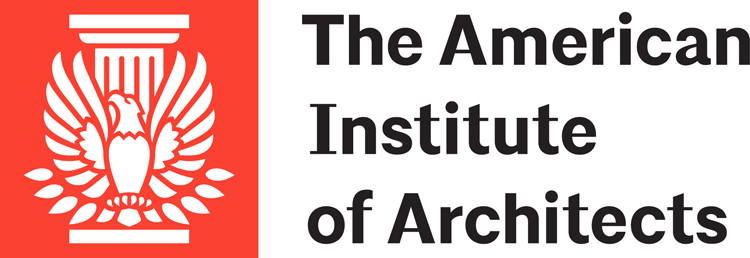The American Institute of Architects California Chapter (AIACC) is pursuing an amendment to either the Senate or Assembly Judiciary Committee Omnibus bills that would modify the process for certificates of merit in litigation involving design professionals. For additional information on AB540, click here. The bill was referred to the Assembly Committee on the Judiciary on March 3, 1999.
Existing law (Code of Civil Procedure § 411.35) requires the attorney for the plaintiff or cross-complainant in any action arising out of the professional negligence of an architect, professional engineer, or land surveyor to file a certificate declaring either that the attorney has consulted and received an opinion from an architect, professional engineer, or land surveyor, licensed to practice in this state or in any other state, or that the attorney was unable to obtain that consultation for specified reasons. This bill would require the certificate to be served in addition to being filed; would specify that the expert giving the consultation shall be licensed by this state or a state that has reciprocity for California licensed architects, professional engineers, or land surveyors; and would require that the expert giving the consultation, or refusing to give a consultation, be named in the certificate. Failure to file this certificate is grounds for a demurrer.
Although the existing statute requires the plaintiff’s attorney to file a certificate of merit with the court, it does not require the plaintiff’s attorney to serve notice on the defendant that a certificate has been filed with the court. A design professional defendant is often left without notice of whether he or she may rightfully move for a demurrer.
The current statute states that only one certificate is required when there are multiple parties. This requirement can be interpreted in a variety of ways and in some instances, seems counter to the intent of the statute. In particular, in cases where the legal issues are not the same or where there are multiple design professional defendants who are licensed in different disciplines, the intent of the statute is not served with a single certificate.
In the health care arena, California’s Code of Civil Procedure § 364 (a) requires that no action based upon a health care provider’s professional negligence may be commenced unless the defendant has been given at least 90 days prior notice of the intention to commence action. The purpose of this rule is to “enable doctors and hospitals —and their insurers—to settle meritorious claims before suit, thereby avoiding unfavorable publicity and expense.” Weil and Brown, Cal. Prac. Guide: Civ. Pro. Before Trial (The Rutter Group 1996) § 1:856, at p. 1-179.
On a similar line of reasoning, notice should be given to design professional defendants that a certificate of merit has been filed with the court, thus allowing the design professional to ascertain whether a potentially meritorious claim actually exists prior to having to defend a claim in court. Once notice of the certificate of merit has been served, a design professional and his insurer can more capably assess defense options—and perhaps settle meritorious claims before suit, avoiding unfavorable publicity and expense. An amendment to California’s Civil Procedure Code, § 411.35 requiring a plaintiff’s attorney to serve notice upon a defendant that a certificate of merit has been filed with the court would further advance the intention of the statute, and potentially lessen the need for litigation.
Additionally, the issue of multiple defendants can be clarified by requiring multiple certificates to be filed where the legal issues or theories are different, or where the design professionals are of differing disciplines.
For more information on the certificate of merit, contact AIACC Governmental Relations at 916/448-9082, or visit the AIACC web site.

